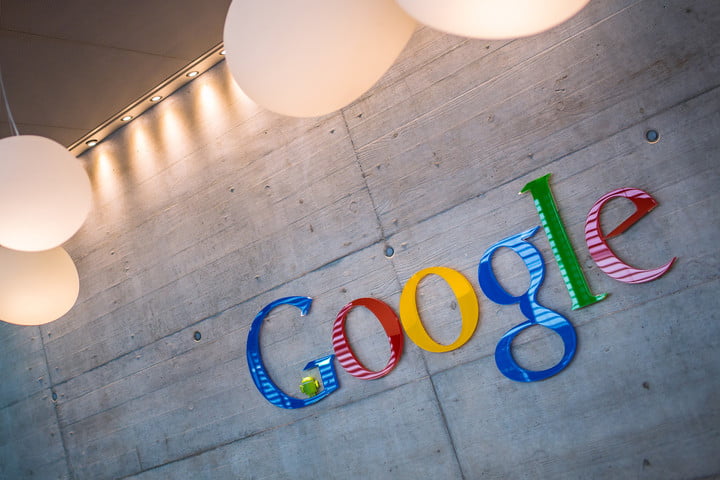By Omobayo Azeez
In an effort to help address the challenge of the ongoing spread of misinformation related to the coronavirus pandemic, Google is providing $6.5 million in funding to fact-checkers and nonprofits fighting misinformation around the world.
Through its Google News Initiative (GNI), Google is providing the funds to support media outlets and fact-checkers working to combat misinformation around the COVID-19 pandemic, it said it said in a statement on Thursday.
The digital tech giant said it will be supporting Africa Check in Nigeria, and Data Leads in partnership with Boom Live in India to leverage data from Question Hub, adding that this will be complemented by an effort to train 1,000 journalists across India and Nigeria to spot health misinformation.
According to Alexios Mantzarlis, news and information credibility lead at Google News Initiative News Lab, health authorities have warned that an overabundance of information can make it harder for people to obtain reliable guidance about the coronavirus pandemic.
He stressed that helping the world make sense of this information requires a broad response involving scientists, journalists, public figures, technology platforms and many others.
He said Google’s online resources are being updated to support the vital work journalists are doing and the GNI Training Center has tools for data journalism and verification in 16 languages, with a global team of Teaching Fellows delivering workshops entirely online in 10 languages.
Some other media outlets and nonprofits around the world which will receive support through the Google News Initiative (GNI) include First Draft, a nonprofit that is providing an online resource hub; Full Fact and Maldita.es, which will coordinate efforts in Europe focused on countries with the most cases.
Others are CORRECTIV in Germany, LatamChequea, coordinated by Chequeado, in the Spanish-speaking world and Latin America, the collaborative verification project Comprova in Brazil, SciLine, based at the American Association for the Advancement of Science, and the Australian Science Media Centre, creators of Scimex.org among others.
“We also want to do more to highlight fact-check articles that address potentially harmful health misinformation more prominently to our users and we are experimenting with how to best include a dedicated fact check section in the COVID-19 Google News experience.
“Already, we have made Google Trends data readily available in localized pages with embeddable visualizations,” said Mantzarlis.
Reporters across the globe need to understand and explain how the world is searching for the virus. Local Google Trends data is available for journalists, health organizations and local authorities to help them understand people’s information needs around the world, according to Google.
It further stated that fact-checkers and health authorities also need help to identify topics that people are searching for and where there might be a gap in the availability of good information online, adding “Unanswered user questions can provide useful insights to fact-checkers and health authorities on content they may want to produce.”









